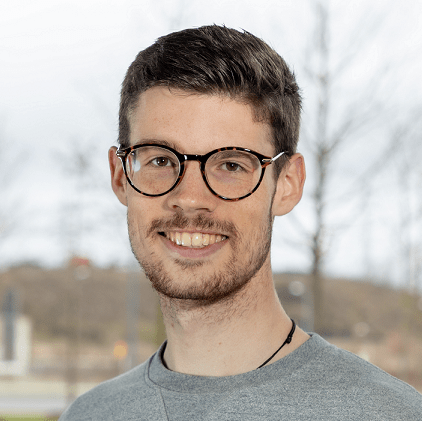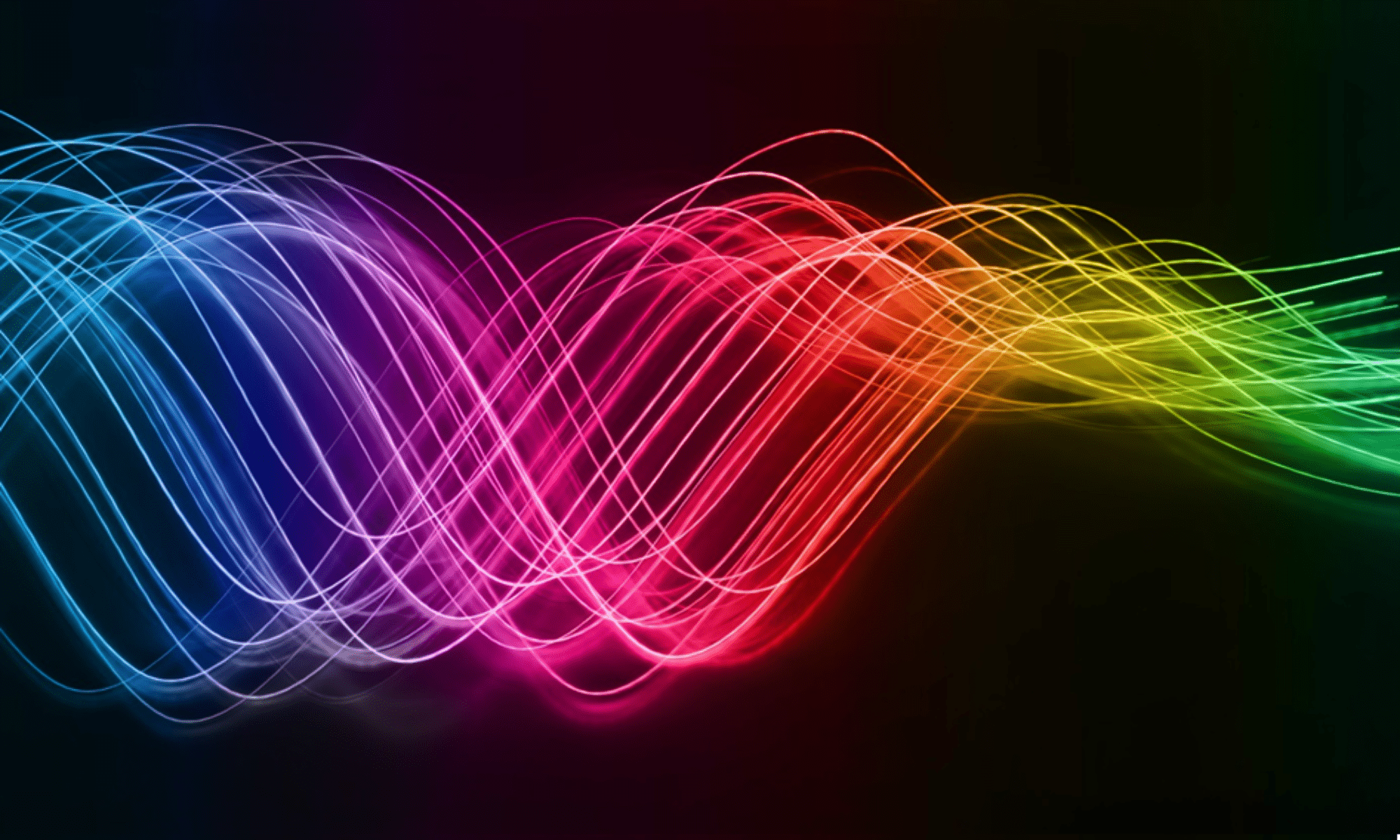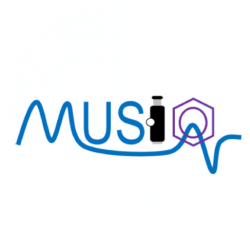
Host: University of Luxembourg, Physics and Materials Science Research Unit, Luxembourg
Ultrafast 2D mid-IR/vibrational micro-spectroscopy of organic molecules
Supervisor: Prof. Daniele Brida
MUSIQ Research
The research project targets the development of an experimental setup that will combine the generation of ultrabroadband pulses in the mid-IR spectral region (from 20 to 5 µm wavelength) with their coherent superimposition for multidimensional spectroscopy. The system will be coupled to a home-made mid-IR microscope that will add spatial resolution. Therewith, broadband mid-IR pulses can sense relevant organic/bio molecules in the “finger-print” region. This task will exploit the field-enhancement in the mid-IR provided by plasmonic antennas based on heavily doped Ge and has the potential to allow the detection of vibrational correlations in complex molecular systems like proteins in a sample with diluted concentrations that mimic the situation that occurs in vivo.
Scientific Background
He obtained his Bachelor’s degree in physics at the University of Konstanz in 2017, where he studied bulk and interfacial defects in the emerging field of lead halide perovskite solar cells via photoluminescence and electroluminescence experiments. Within his Bachelor’s degree, he spent 9 months at the Victoria University of Wellington in New Zealand. In 2019, Thomas graduated from the University of Konstanz with a Master’s degree, working on ultrafast multidimensional optical spectroscopy with Prof. Daniele Brida and Prof. Alfred Leitenstorfer. The work focused on indium antimonide and Bi-2212 (BSCCO), the latter being a high-temperature superconductor where the underlying physics of Cooper-pair binding are still an open question in modern research. The experimental setup allows for the investigation of a variety of material systems in a broad spectral window ranging from the visible to infrared, combining extraordinary sensitivity and high temporal and spectral resolution.

